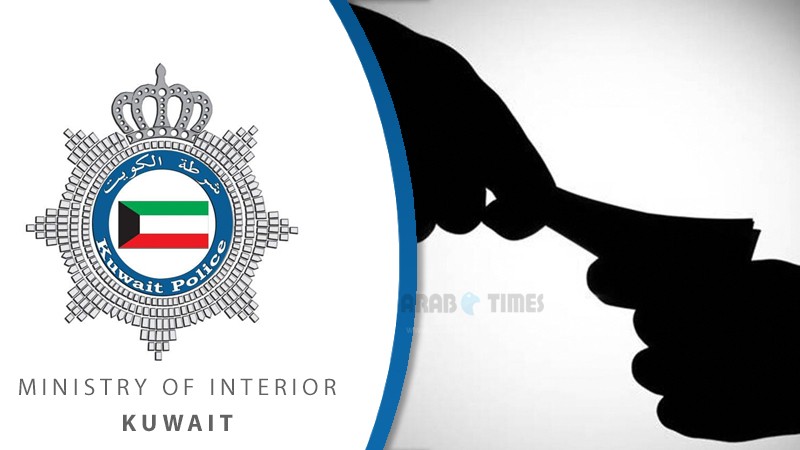23/10/2023
23/10/2023

KUWAIT CITY, Oct 23 An Asian expat working at a government agency was referred to the prosecution by Residence Affairs Investigation officers on charges of receiving a bribe in exchange for canceling a violation. According to a security source, an officer in the Residence Investigation Department received information that an Asian expatriate could cancel violations issued to restaurants in exchange for sums of money. Further investigation revealed that the expatriate was working for an employee who was carrying out this illegal work. The officer contacted the expatriate asking him to help him cancel a violation issued to a restaurant. The expatriate asked him for 2,000 dinars to be handed over the amount and then placed under surveillance. As soon as the amount was handed “with the knowledge of the prosecution” to the employee, she was caught and in possession of the amount. The expatriate turned out to be one of those with a criminal record.
The incident described in the article is an example of corruption, which is a serious problem in many countries. Corruption can take many forms, including bribery, embezzlement, and fraud. It can occur in both the public and private sectors and can have serious consequences for individuals and society as a whole. Some of the consequences of corruption include reduced economic growth, increased poverty, and decreased public trust in government institutions
To prevent corruption, it is important to have strong laws and regulations in place, as well as effective enforcement mechanisms. In addition, individuals and organizations can take steps to promote transparency and accountability in their own operations. This can include measures such as regular audits, whistleblower protection, and codes of conduct that prohibit unethical behavior. By working together to combat corruption, we can help to create a more just and equitable society for all.


